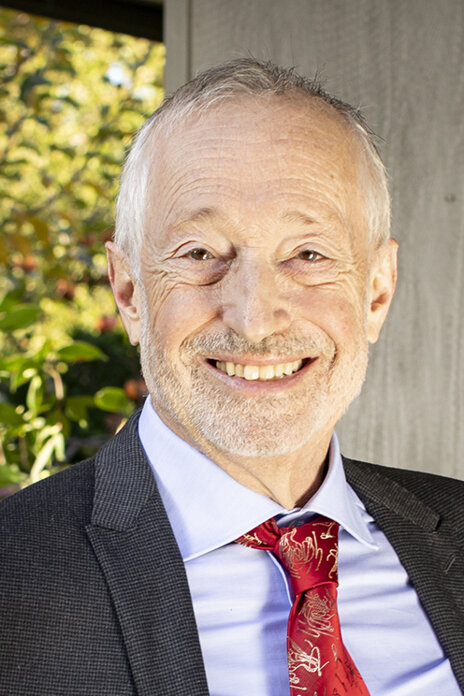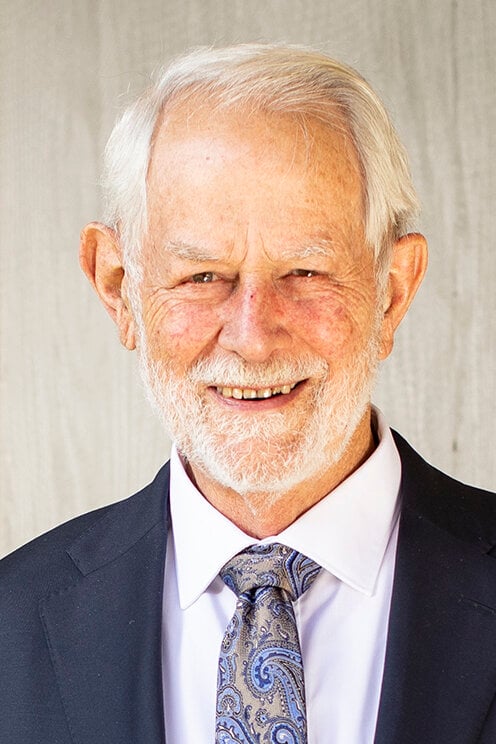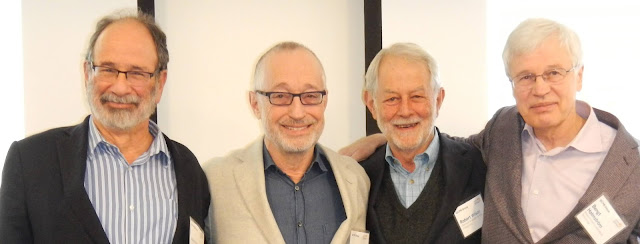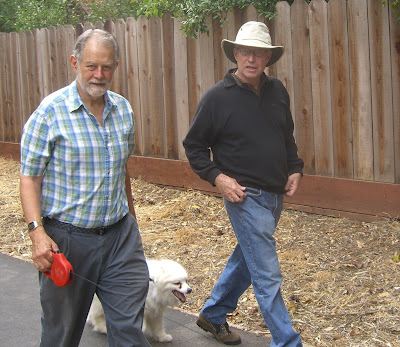The Sveriges Riksbank Prize in Economic Sciences in Memory of Alfred Nobel 2023 was awarded today to the indefatigable
Claudia Goldin "for having advanced our understanding of women’s labour market outcomes"
Here's her latest NBER working paper, which appeared yesterday:
Claudia Goldin
WORKING PAPER 31762, DOI 10.3386/w31762, October 2023
Abstract: How, when, and why did women in the US obtain legal rights equal to men’s regarding the workplace, marriage, family, Social Security, criminal justice, credit markets, and other parts of the economy and society, decades after they gained the right to vote? The story begins with the civil rights movement and the somewhat fortuitous nature of the early and key women’s rights legislation. The women’s movement formed and pressed for further rights. Of the 155 critical moments in women’s rights history I’ve compiled from 1905 to 2023, 45% occurred between 1963 and 1973. The greatly increased employment of women, the formation of women’s rights associations, the belief that women’s votes mattered, and the unstinting efforts of various members of Congress were behind the advances. But women soon became splintered by marital status, employment, region, and religion far more than men. A substantial group of women emerged in the 1970s to oppose various rights for women, just as they did during the suffrage movement. They remain a potent force today.
Here's the concluding paragraph:
"Women won some of their most important workplace rights in the 1960s because of a set of fortuitous events. They continued to win in the early 1970s because of a movement that gave them influence. They won yet more because groups that were supportive of their cause—college graduates, single women, Black women—expanded relative to others. They won when they had the political clout to get men, especially those in Congress and the White House, to see that women’s rights were as valid as civil rights. Yet, women’s rights had setbacks when, in light of many gains, women abandoned the movement. Women’s rights has had a truly “strange career.”
















